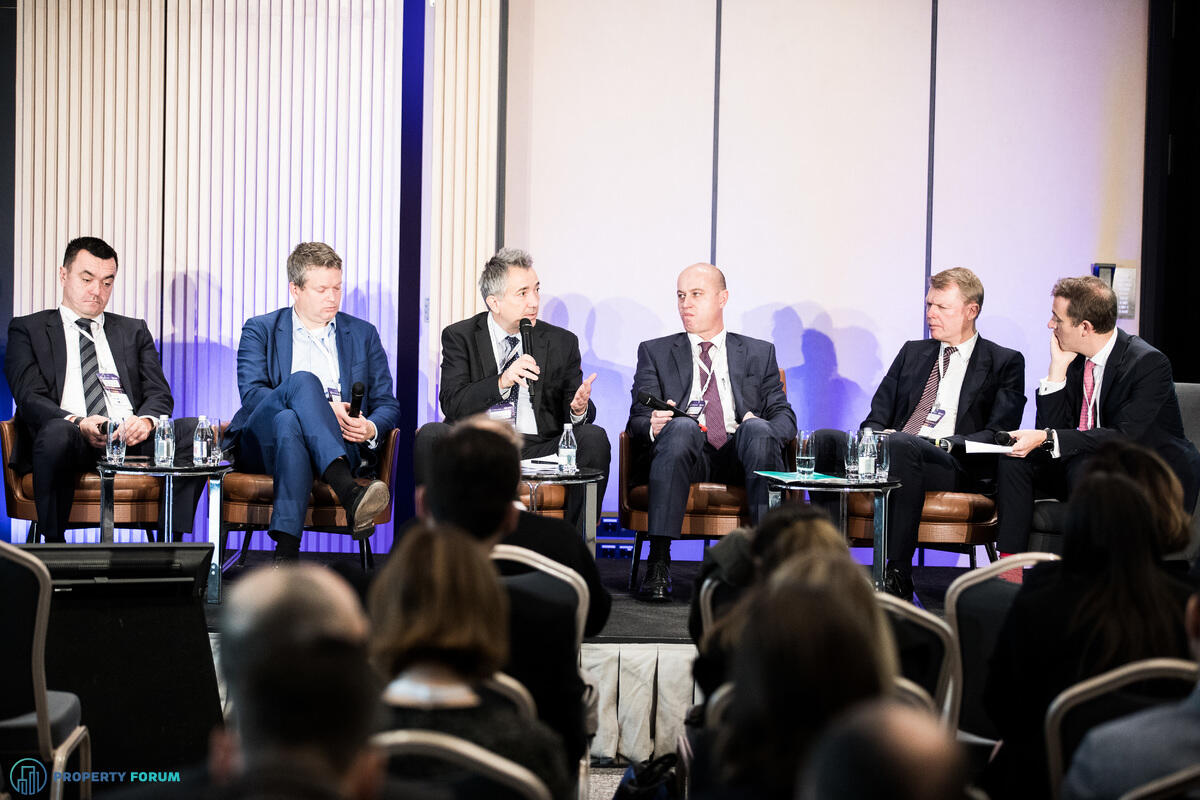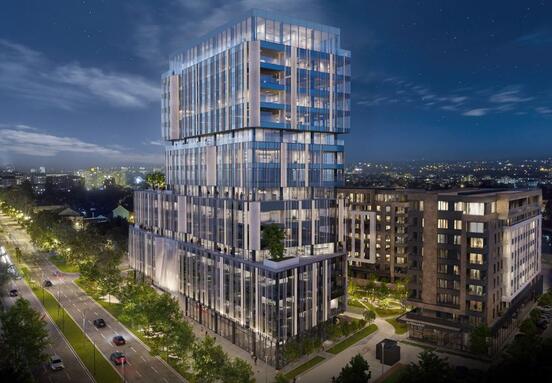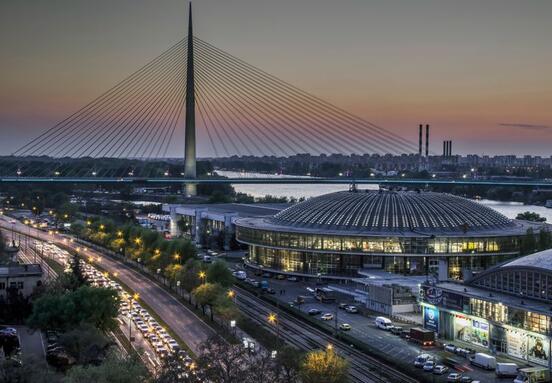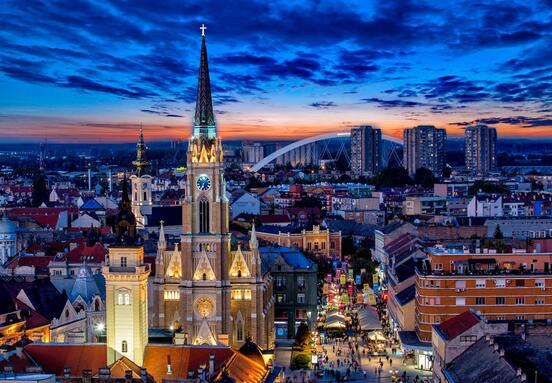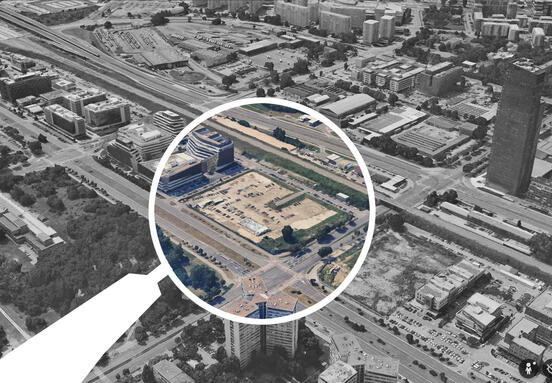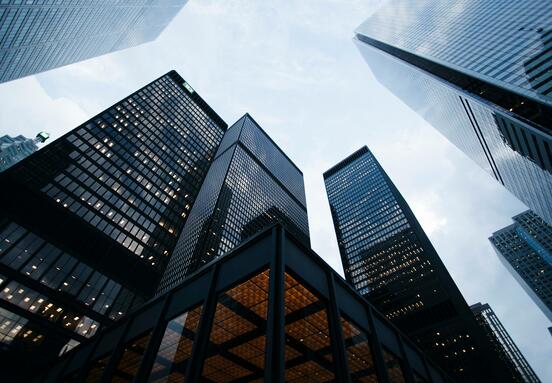„When prices in Central and Eastern European countries came almost to the level of Western Europe, a space for Southeast Europe, especially Slovenia Croatia, Bulgaria and Serbia, opened up,“ says Nebojša Nešovanović, Head of Valuation SEE, CBRE. According to him, although not a member of the EU, Serbia is very interesting for foreign investors because it is large enough and because it has an insufficiently developed real estate market.
„We lack various facilities such as shopping centres, offices, as well as residential buildings. We are the last to develop shopping centres since all other cities completed their development seven or eight years ago. Three shopping centres are currently being built in Belgrade and having in mind the purchasing potential of citizens on an annual basis for the goods offered in shopping malls, there is probably room for one more,“ said Nešovanović, adding that although investors are slowly entering the residential market, construction activity it's still not strong enough.
Speaking about the residential market he noted that not enough new apartments are being constructed. The demand is much higher than the supply and this increases prices per square metre. In the last three years, prices have risen by 30% to 40%. Prices are still traditionally the highest in Dedinje, Vračar and in the centre, but the price per square metres in New Belgrade is also increasing and it currently reaches €2500. Apartments in new buildings are reserved at the pre-sales stage and customers are cash buyers, people from the diaspora, people who have successful businesses and want to invest in real estate, explained Nesovanovic and emphasized that credit buyers almost do not have a chance to buy a flat in a new building in Belgrade.
However, the desire and decision for investment, the funds provided and the selected location are not enough for investors to be successful. They continue to encounter unaccepted laws in this part of Europe, slow legal and bureaucratic procedures, legal insecurity, and often political tensions, according to the panel of international investors that gathered at the Forum
„Since 2014, a lot has been done in Serbia to reform the laws in order to better align with the EU legislation, especially when it comes to legal safety of investors, conversion of the rights to use construction land in ownership, solving of illegal objects, electronic procedures for issuing building permits, registration of real estate in the real estate cadastre, real estate transactions and establishment of the profession of public notaries, more efficient enforcement procedures... Accession to the EU would certainly bring even more investment, but there is still a lot to be done to improve legal security in terms of more efficient litigation and shortening their time, eliminating corruption at all levels. It is also necessary to reform tax administration, introduce electronic commerce, and reform tax laws so that they are clear and unambiguous. Complaints are not clear and transparent enough and need to be described step by step and introduce the possibility that a professional person as a counsellor participates on the side of the complaining person. In general, most laws and regulations describe the complaint system to a minimum, step by step, which is very important and raises transparency, and also adds to legal certainty, explained Ilic and emphasized that all investors who want to invest in a country are always thinking about an exit strategy, for this reason it is important to resolve all of the remaining shortcomings,“ explained Danijela Ilić, President of the National Association of Valuers of Serbia.
PropTech
The key issue of all panels was innovation, as new technologies are changing the rules of the game in real estate at high speed. As customers' habits and wishes are changing, it is also necessary to change the process of creating and managing real estate in the future. PropTech (property technology) offer tools that changes the way real estate is being designed, built, maneged and transacted. The most important of these tools and buzzwords are: virtual reality (VR) and augmented reality (AR), robotics, blockchain, smart buildings, drones, 3D printing, autonomous vehicles. With the help of these tools, potential buyers can see how something looks even before it's built. In this way, the customer makes a quick and satisfactory decision.
Digitalization is present everywhere and according to data posted on the Forum, 44 percent of real estate transactions in South Eastern Europe could currently be automated. Artificial intelligence can help understand the habits of consumers and by using this data developers can create "smart" buildings. Changing user habits will tranform shopping malls into entertainment centres, while office developers need to keep in mind that many jobs will not require a tradtional workplace in the future. New formats such as co-working will spread quickly and the need of Generation Y & Z generation employees, who already show that they want to create a different business environment, will need to be taken into consideration.
Digitalization changes everything, and everyone who deals with real estate should be involved in the process. PropTech is just a part of the process when it comes to digitizing the real estate market, and what's crucial is that people who make decisions now need to change their way of thinking, not only apply new technologies.
(source: PropertyForum)
